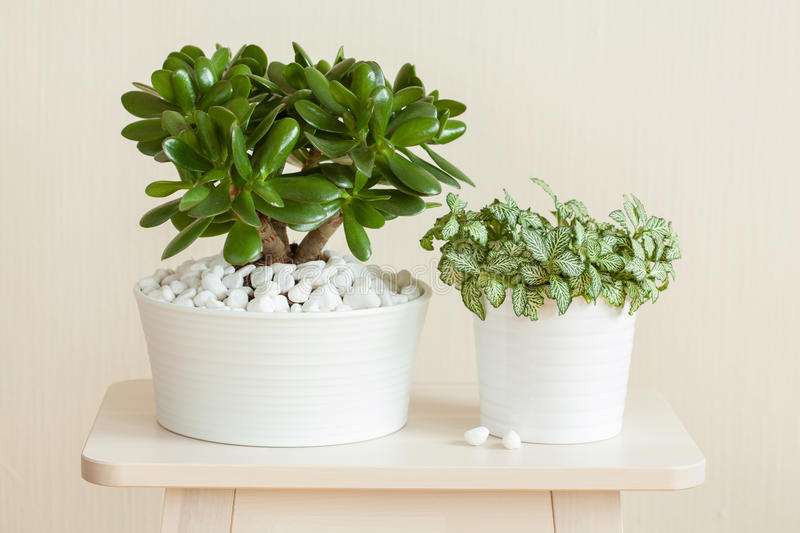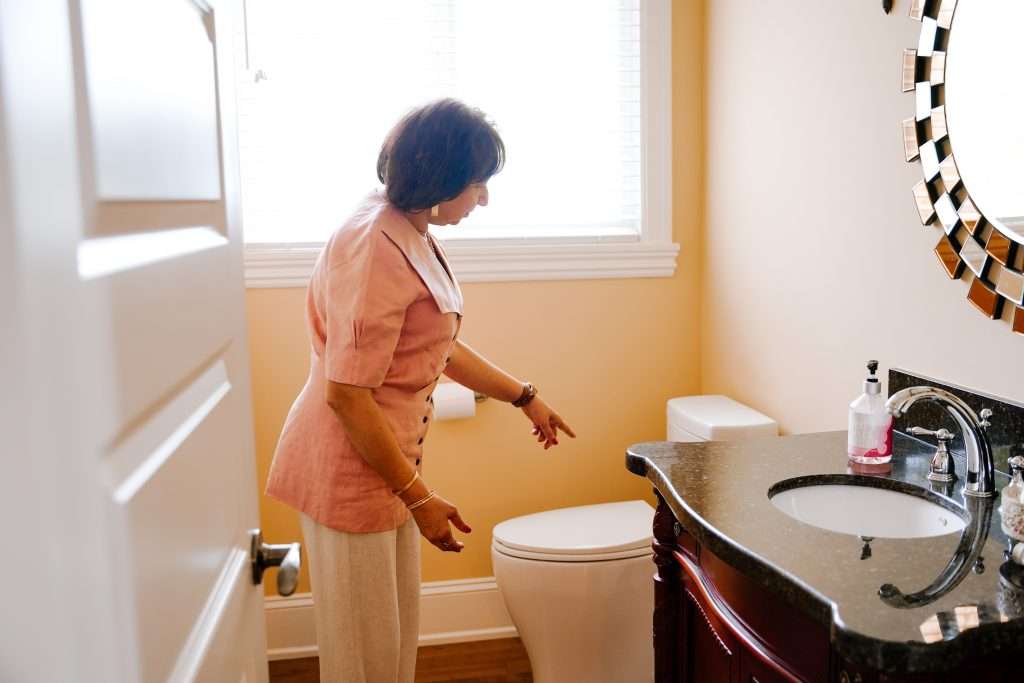Feng Shui Home design principles can help you cultivate energy that promotes health, happiness, wealth, and success. Still, Feng Shui decorating requires a deeper understanding of the principles and goals of this ancient practice. If you’re just getting started with Feng Shui in the home, there are many common Feng Shui Home decorating mistakes that you can avoid. Here are 8 common design errors to avoid when bringing the world of Feng Shui to your home.
1. Sharp Plants
There are many good Feng Shui plants that can boost positive energy, but sharp, thorny, spikey, or pointy plants can pierce the energy in your home. Plants with soft or rounded leaves and foliage invite calmer energy into the home.

2. Dry flowers or dead plants
Feng Shui and Plants go hand-in hand. Fresh flowers and vibrant, green plants represent powerful life energy – when you learn about Feng Shui rules, you’re sure to learn of the importance of fresh plants. On the other hand, dead or dying plants and even dried flowers represent dead energy and it’s best to avoid them in your home.
3. Mirrors
Mirrors and Feng Shui also have an important relationship that may be good or bad for your home based on their placement. Mirrors in the dining room can amplify your family’s positive energy during meals. However, you should never hang mirrors directly opposite entry doors to your home as this will reflect good energy out of the home. Feng shui mirror placement is key to cultivating and maintaining good energy in the home.
4. Bathroom Feng Shui
There are a few Feng Shui rules that you should keep in mind for your bathroom. For example, keep the toilet seat down and the bathroom door closed to prevent energy from escaping through the toilet and drains. Next, avoid decorating with blue colours or hues. The bathroom represents an overabundance of water energy which is amplified when using blue colours in the bathroom.
5. Feng Shui Bedroom Elements
Just as in the bathroom, there are some simple Feng Shui rules to follow in the bedroom. It is common nowadays for people to have TVs and computers in their bedroom. Unfortunately, these items represent harsh energy in a space that is meant to foster peace and relaxation. Always avoid TVs and computers in your bedroom.
6. Exercise Equipment
Speaking of bedrooms, you should avoid exercise equipment in the bedroom as exercise represents strenuous energy that opposes restfulness. In an ideal world, you can create a Feng Shui exercise room that is dedicated to working out.
7. Open Door Policy
Feng Shui entryways are free of clutter and obstructions. Never hang items behind your door or block the movement of doors to promote good entryway Feng Shui. Doors that fully open are doors to opportunity and we never want to limit opportunities coming into your home. More tips about How to Invite Good Energy into your Home with Front Door Feng Shui.
8. Cracked Glass, Cracked Energy
Cracked glasses, dishes, mirrors, or windows represent cracks in your relationships. Always remove or replace cracked pieces to promote Feng Shui health.
As you can see, there are many factors to consider when decorating with Feng Shui and I hope these tips have given you some ideas for a better Home Feng Shui. And remember, working with a Feng Shui Consultant can help you decorate your home in a way that is aesthetically pleasing to the eye, and promotes and maintains positive energy while clearing negative energy.



